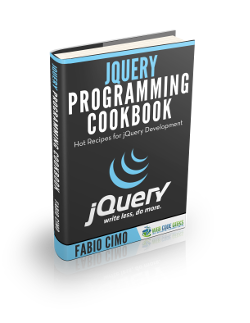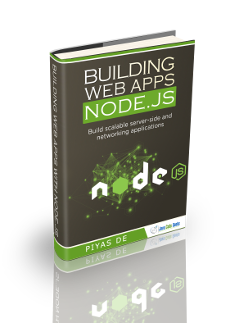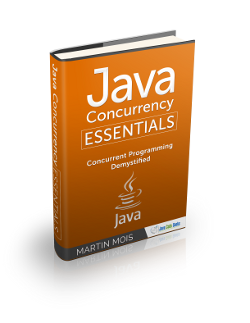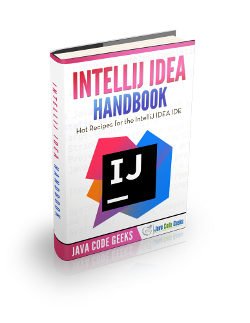
jQuery is a cross-platform JavaScript library designed to simplify the client-side scripting of HTML. jQuery is the most popular JavaScript library in use today, with installation on 65% of the top 10 million highest-trafficked sites on the Web. jQuery’s syntax is designed to make it easier to navigate a document, select DOM elements, create animations, handle events, and develop Ajax applications. jQuery also provides capabilities for developers to create plug-ins on top of the JavaScript library. This enables developers to create abstractions for low-level interaction and animation, advanced effects and high-level, theme-able widgets. The modular approach to the jQuery library allows the creation of powerful dynamic web pages and web applications.
| |
|

Node.js is an exciting software platform for building scalable server-side and networking applications. Node.js applications are written in JavaScript, and can be run within the Node.js runtime on Windows, Mac OS X and Linux with no changes. Node.js applications are designed to maximize throughput and efficiency, using non-blocking I/O and asynchronous events. Node.js applications run single-threaded, although Node.js uses multiple threads for file and network events. In this book, you will get introduced to Node.js. You will learn how to install, configure and run the server and how to load various modules. Additionally, you will build a sample application from scratch and also get your hands dirty with Node.js command line programming.
| |
|

Concurrency is always a challenge for developers and writing concurrent programs can be extremely hard. There is a number of things that could potentially blow up and the complexity of systems rises considerably when concurrency is introduced. However, the ability to write robust concurrent programs is a great tool in a developer’s belt and can help build sophisticated, enterprise level applications. In this course, you will dive into the magic of concurrency. You will be introduced to the fundamentals of concurrency and concurrent code and you will learn about concepts like atomicity, synchronization and thread safety. As you advance, the following lessons will deal with the tools you can leverage, such as the Fork/Join framework, the java.util.concurrent JDK package.
| |
|

IntelliJ IDEA is a Java integrated development environment (IDE) for developing computer software. It is developed by JetBrains, and is available as an Apache 2 Licensed community edition, and in a proprietary commercial edition. Both can be used for commercial development. The IDE provides for integration with build/packaging tools like grunt, bower, gradle, and SBT. It supports version control systems like GIT, Mercurial, Perforce, and SVN. Databases like Microsoft SQL Server, ORACLE, PostgreSQL, and MySQL can be accessed directly from the IDE. IntelliJ supports plugins through which one can add additional functionality to the IDE. One can download and install plugins either from IntelliJ’s plugin repository website or through IDE’s inbuilt plugin search and install feature.
|
|